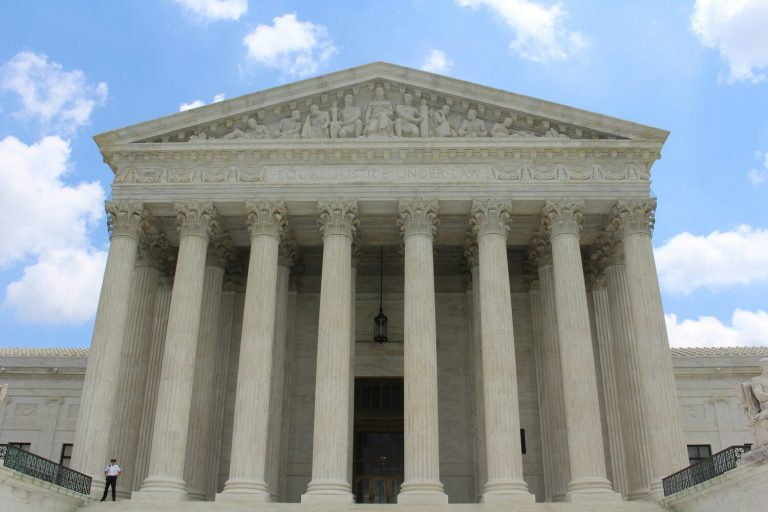WASHINGTON — The exclusion of two Christians from jury duty in a trial involving a lesbian is proof that Christians with a biblical worldview are increasingly seen as fanatics, the U.S. Supreme Court justice said. United States, Samuel Alito, after Missouri asked the high court to review the decision.
Such treatment of Christians is what he warned against in his dissent in Obergefell v. Hodges legalizing same-sex marriage in 2015, Alito said as he “reluctantly” agreed with the court’s decision not to hear Missouri’s appeal on Feb. 20.
“In this case, the lower court held that a person who still holds traditional religious views on issues of sexual morality is presumptively unfit to serve on a jury in a case involving a lesbian party,” Alito wrote. “This decision illustrates the danger that I anticipated in Obergefell v. Hodges,…that Americans who make no secret of their adherence to traditional religious beliefs regarding homosexual conduct are “labeled as fanatics and treated as such” by the government.
While the High Court indicated in Obergefell v. Hodges said it should not be used to discriminate against those with biblical views on marriage, Alito said he “feared that this warning would not be heeded by our society.”
Alito predicted in his dissent that the Obergefell v. Hodges “would be used to vilify Americans who are unwilling to endorse the new orthodoxy.”
The decision, which equates the denial of same-sex marriage with the denial of equal treatment for African Americans and women, “will be exploited by those determined to eliminate all traces of dissent,” Alito wrote in 2015.
Alito recalled Obergefell v. Hodges after the Supreme Court refused to hear Missouri’s appeal of a court ruling that removed two jurors in a 2021 employment discrimination case brought by Jean Finney, a lesbian. At the initial trial in Buchanan County Circuit Court, Finney’s attorney successfully struck two Christian jurors for cause, arguing that “there is no way” anyone would consider a homosexual a sinner “may one day fairly consider a case involving a lesbian”. applicant.”
In its appeal to the high court, Missouri challenged the state appeals court’s decision upholding the dismissal of jurors based on their religious beliefs.
The appeals court agreed with the lower court that jurors who believed the plaintiff’s homosexuality was a sin could not be impartial in hearing the case.
The Missouri Court of Appeals’ reasoning is concerning, Alito said.
The high court should review those decisions in due course, he said, but asserted that a procedural issue related to state law is making it difficult to hear the current case.
“I would vote for review in this case if the Court of Appeals had not concluded that the Department of Corrections did not properly entertain an objection to the dismissal of the two potential jurors and, therefore, that their dismissal was subject to review under the law. state law only in cases of blatant error,” Alito wrote. “Because this issue of state law would complicate our review, I reluctantly approve the denial of certiorari.”
The free exercise of religion must be protected in the courts, Alito said.
“The judiciary, like other branches of the state and federal government, must respect the fundamental rights of individuals, including the right to the free exercise of religion and the right to equal protection of the laws,” a he declared. “When a court, a state actor par excellence, considers that a person is not eligible to serve on a jury because of their religious beliefs, this decision calls into question fundamental rights.
This story was reproduced with permission from Baptist Press.


